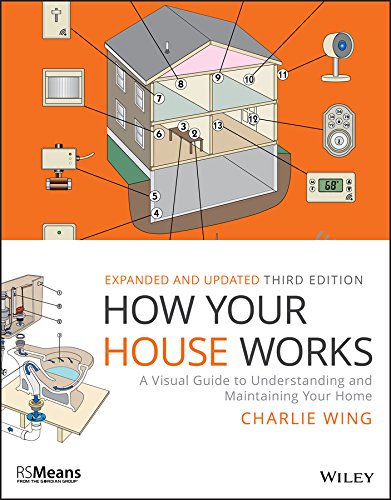Disclosure: This post may contain affiliate links, meaning we get a commission if you decide to make a purchase through our links, at no cost to you. Please read our disclosure for more info.
Each year it seems like bills keep going up and up. Cellphone plans, internet, car insurance, and rent prices are rising, and there’s not much that people can do about that. One bill you do have control over is your utility bill.
Even with the prices increase, there are ways you can reduce your energy usage to save tons of money on your monthly bills. It doesn’t mean freezing all winter either!
By implementing these tips, you’ll notice a massive change in your utility bills and put more money back in your pocket.
In This Post:
1. Program Your Thermostat
There’s no reason to be heating your home when no one is there. If there are certain times of the day when no one is in your house, turn your heating down. You can program your thermostat to kick back on an hour before you get home so you can still come home to a warm house. Secondly, turn it down while you’re sleeping. When you’re asleep, you’ll be warm under the covers and don’t need the same level of heat. Even lowering it by a few degrees will reduce your energy bill substantially.
2. Get General Maintenance on Your Furnace
Even if you’re strict with your thermostat, you may still notice a spike in your utility bill if your furnace isn’t running correctly. As your furnace gets older, it will struggle to keep up with the demand for heating your home. As it chugs along, it also uses tons of energy. Taking care of your furnace by keeping up with HVAC maintenance will prolong its life and keep it working more effectively. Make sure also to replace your air filter, which will allow it to run more efficiently.
3. Use Appliances Off-Peak
If you’re using large appliances that suck up a lot of energy, aim to use them during off-peak hours. Off-peak fees are much cheaper than peak times, and the savings will add up. Each supplier will have different hours, so make sure you check your suppliers’ peak schedule. Generally, off-peak hours are in the evening. Do your loads of laundry, or run dishwashers during those off-peak hours and avoid using them in the day time.
4. Use Cold Water
Aim to avoid using hot water unless absolutely necessary. Clothes do not need to be washed in hot water unless they are really stained. Use cold water for 99% of your washes because typically, it is just as effective for cleaning clothes. When brushing your teeth or washing your hands, only use cold water as there is no need to turn the hot water tap on. Each time you turn on a hot water tap, it will start using energy to heat that water up.
5. Unplug Electronics or Appliances
If you’re not using your appliances, try to get in the habit of unplugging them from the wall. Anything plugged into the outlets will continue to sap energy, and every little bit helps. For electronics, like your television or computer, have them plugged into a power strip so you can easily unplug the entire strip.
While each of these changes on their own might not make a huge difference, when combined, they will have a dramatic effect on your utility bill. Being conscious about your energy consumption will allow you to save tons of money over time regardless of how much prices continue to rise.



